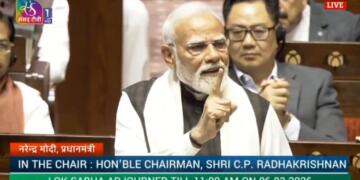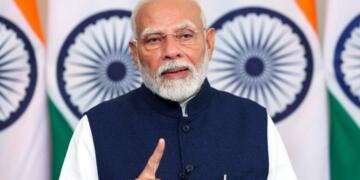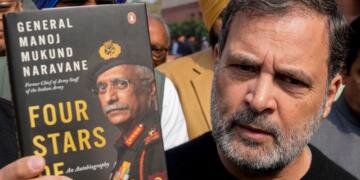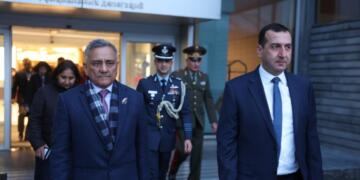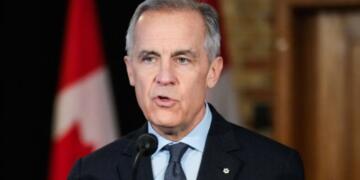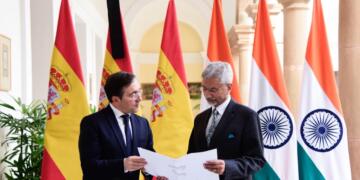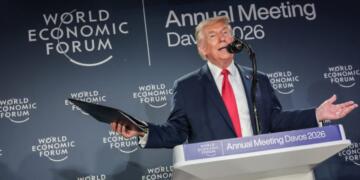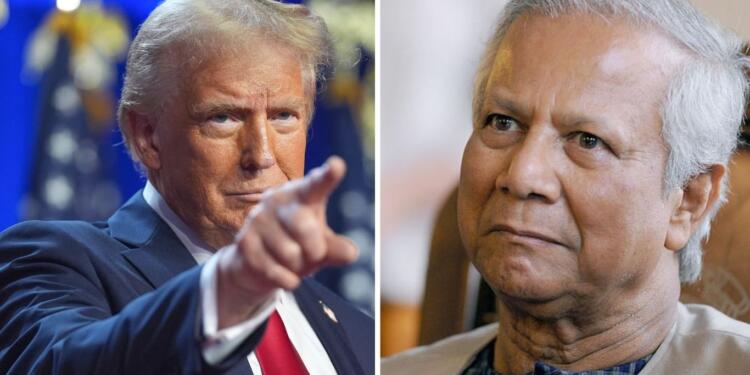Trump in his second term looks unstoppable in pursuing his promised policies and striding fast towards Making America Great Again (MAGA). In a recent executive order which came within a week after he entered the White House, Trump decided to halt all aid to the Bangladesh government, led by Nobel laureate Muhammad Yunus. In Trump’s new executive order, the US government through its donor agency USAID announced an immediate halt of all work in Bangladesh, including contracts, grants, cooperative agreements, and other procurement instruments.
The suspension of foreign aid has also worried stakeholders, especially US-funded NGOs operating in Bangladesh, who fear the consequences of such a hasty decision on the projects underway. The scope of the suspension was made clear when President Trump, hours after taking office on January 20, ordered a 90-day pause in all US foreign development assistance, pending a review of efficiency and alignment with his foreign policy priorities. While the details of the order were initially unclear, this latest action provides further clarity.
BIG: Trump halts US aid to Muhammad Yunus Interim Government in Bangladesh. pic.twitter.com/jddXnxb1oH
— Aditya Raj Kaul (@AdityaRajKaul) January 26, 2025
USAID’s possible decision to suspend its financial assistance for Bangladesh could prove to be catastrophic for the Yunus-led government. According to USAID, it has its biggest program in Asia with the key global food security and health initiatives as well as the most important democracy, governance, education, and environmental projects.
Bangladesh is already facing an acute food crisis and help from India was asked by the interim government. India helped by sending rice contentment to Bangladesh.
Also Read: A severe food crisis looms for Bangladesh
Notably, in September 2024, the US had committed $202 million in aid to Bangladesh. This followed a 2021 agreement in which USAID had pledged $954 million in assistance between 2021 and 2026, of which $425 million had already been disbursed.
It is also the largest donor to Bangladesh’s humanitarian assistance portfolio, which addresses the Rohingya refugee crisis. International aid funding has played a significant role in supporting the aid interventions; they have kept the country stable amid economic turmoil; managed the crisis of the Rohingya; and restored stability to Bangladesh’s main textile industry. The US is the largest provider of humanitarian aid to address the Rohingya crisis. So far, the US has provided around $2.4 billion of aid to Bangladesh since 2017. The move has been a significant blow to the Bangladesh government led by Muhammad Yunus in its financial time of crisis.
Last year, the Yunus administration had asked for $5 billion in international loans to shore up its dwindling foreign exchange reserves. It had also asked for a $4.7 billion bailout from the IMF.
This big decision comes days after Indian External Affairs Minister S. Jaishankar had a brief discussion on Bangladesh with US Secretary of State Marco Rubio. On January 22, when asked whether the issue of religious minorities in Bangladesh was discussed, Jaishankar confirmed the conversation but refrained from providing further details.
Ms. Bruce reminded reporters that Rubio has said, “Every dollar we spend, every programme we fund and every policy we pursue must be justified with the answer to three simple questions: Does it make America safer? Does it make America stronger? Does it make America more prosperous?”
In 2023, USAID distributed nearly $45 billion in foreign aid to 158 countries. This included $400 million to Bangladesh, $231 million to Pakistan, $1 billion to Afghanistan, $175 million to India, $118 million to Nepal, and $123 million to Sri Lanka. However, following Trump’s return to the White House, Pakistan will also face the major brunt of this foreign aid suspension.


